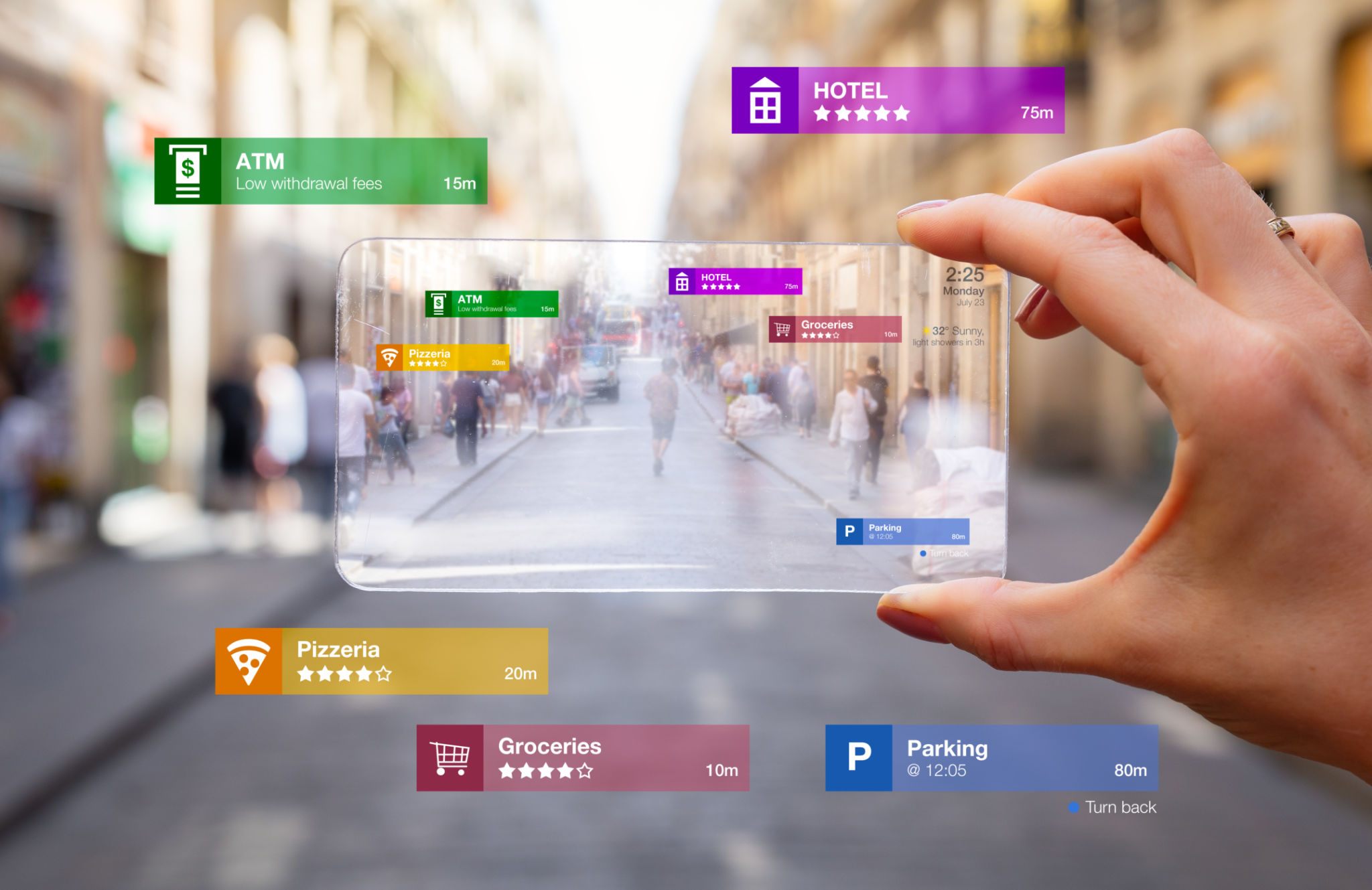5 Common Myths About Smart Glass Debunked
Understanding Smart Glass Technology
Smart glass, also known as switchable glass, has been gaining attention in recent years due to its ability to change transparency at the flick of a switch. Despite its growing popularity, several myths and misconceptions still surround this innovative technology. In this post, we'll debunk some of the most common myths about smart glass.

Myth 1: Smart Glass Is Expensive
Many people believe that smart glass is prohibitively expensive and only suitable for luxury projects. While it's true that smart glass can be more costly than traditional glass upfront, the long-term savings in energy costs can make it a cost-effective solution. By regulating indoor temperature and reducing the need for artificial lighting, smart glass can significantly lower electricity bills.
Myth 2: Smart Glass Is Fragile
Another common misconception is that smart glass is fragile and prone to damage. In reality, smart glass is manufactured to be as durable as regular glass, if not more so. It undergoes rigorous testing to ensure it can withstand everyday wear and tear, making it a reliable option for both residential and commercial applications.

Myth 3: Smart Glass Requires Constant Maintenance
Some people assume that smart glass demands frequent maintenance and repairs. However, smart glass is designed to be low-maintenance. It does not require any special cleaning products or methods and is resistant to dirt and smudges. This means that maintaining smart glass is as straightforward as caring for standard windows.
The Versatility of Smart Glass
Smart glass technology offers incredible versatility in design and application. From residential homes to commercial buildings, its ability to adapt to different environments makes it a highly sought-after feature. Let's explore some more myths surrounding its adaptability.

Myth 4: Smart Glass Is Only for Windows
While windows are a popular application for smart glass, its use is not limited to them. Smart glass can be used in walls, doors, skylights, and even partitions, providing privacy on demand. This flexibility makes it an attractive option for architects and designers looking to create dynamic and adaptable spaces.
Myth 5: Smart Glass Technology Is Complicated
Lastly, many believe that smart glass technology is overly complex and difficult to integrate with existing systems. In truth, smart glass can be easily incorporated into a variety of settings with minimal disruption. It can often be controlled via simple switches or integrated with smart home systems for seamless operation.
In conclusion, smart glass technology breaks the mold of traditional building materials by offering unique advantages like energy efficiency, durability, and versatility. By debunking these myths, we hope to shed light on the true potential of smart glass and inspire more people to consider this innovative solution for their spaces.
